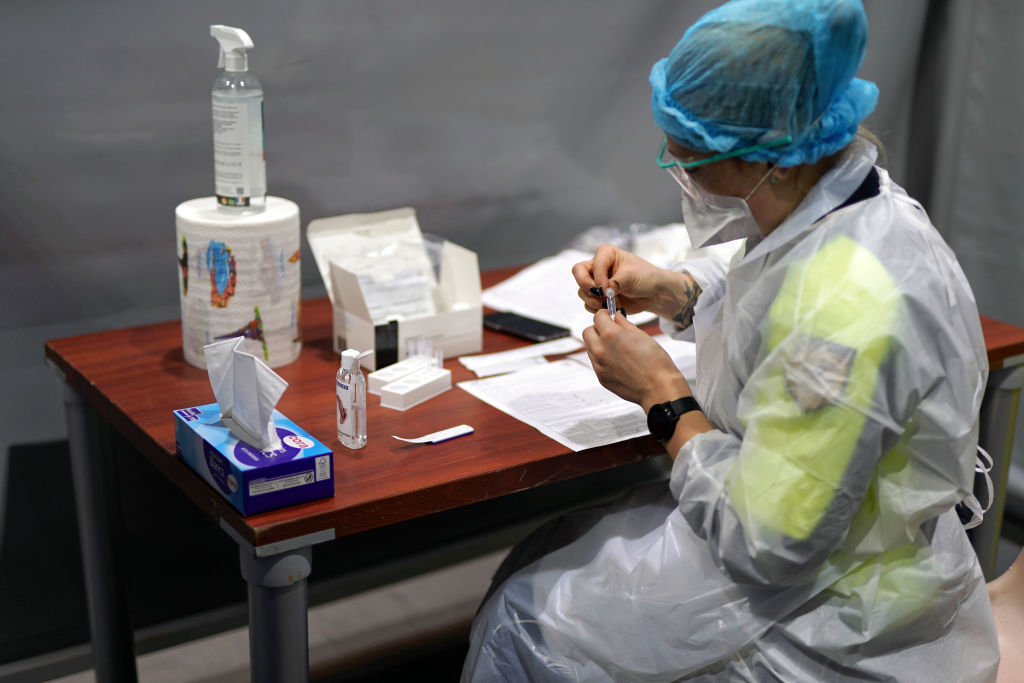The European Commission has announced the suspension of marketing AstraZeneca’s Covid-19 vaccine at the company’s own request.
As a result, it will no longer be authorised in the European Union as Tuesday, May 7.
The decision comes after AstraZeneca admitted in the UK High Court its Covid-19 vaccine could cause side effects such as thrombosis in “very rare cases.”
The pharmaceutical company faces a class action lawsuit in the UK for which it could pay up to £100 million in compensation for deaths and serious injuries related to the vaccine.
Despite these legal woes, the pharmaceutical manufacturer said it simply had a surplus of doses.
“Since multiple updated vaccines have been developed for Covid-19 variants, there is now a surplus of doses available,” said AstraZeneca in its petition to the European Commission.
“This has led to a decrease in demand for Vaxzervria, which is no longer being manufactured or supplied,” the British-Swedish drugs company added.
The document issued by the Commission accordingly says, “At the holder’s request, the marketing authorisation granted by Decision C(2021) 698(final) of 29 January 2021 for the medicinal product “Vaxzevria – COVID-19 Vaccine (ChAdOx1-S [recombinant])” is withdrawn.”
The initial vaccine agreements exempted the manufacturing companies from any legal consequences, said The Telegraph.
A decision by the European Commission to give a vaccine-production contract to US pharmaceutical giant Pfizer has raised eyebrows within the European Parliament. https://t.co/AGPMVJzxbd
— Brussels Signal (@brusselssignal) December 8, 2023
However, “there have been several cases of victims and relatives claiming compensation for the side effects of the vaccine,” the lawsuit said.
About 68.8 million doses of Vaxzevria vaccine have been administered in Europe to EU citizens over 18 years old.
Initially, the vaccine was touted as “safe and effective,” but increasingly, side effects have compromised that message.
There have been reported cases of venous sinus thrombosis–brain blood clots, which have mainly affected younger people.





